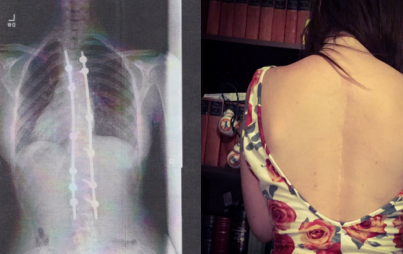
Until recently, organ transplants were only considered as life-saving procedures, but now the idea of transplants for enhancing quality of life is taking hold.
Last month, doctors at the Cleveland Clinic performed the first uterus transplant in the United States. The recipient, a 26-year-old woman from Texas, was born without a uterus. She hopes that the transplant will allow her to conceive and bear children.
Uterine transplant is a brand-new thing. Until recently, organ transplants were only considered as life-saving procedures, but now the idea of transplants for enhancing quality of life is taking hold. We have seen the beginning of face transplants and hand transplants for people with extreme injuries. Later this spring, Johns Hopkins Hospital plans to attempt the first US penis transplant on a military veteran who lost his genitals in an explosion.
The interesting thing about uterine transplants is that they aren’t meant to be permanent. Ideally, a woman would keep the transplanted organ for about 5 years, have babies, and then have it removed so she can stop taking the anti-rejection drugs necessary to sustain a transplanted organ.
For the moment, the plan is to see how transplants in several pilot programs across the country work, then possibly make the procedure more routine for women who were born without a uterus, or who suffered later damage and needed to have it removed.
I can’t help think that perhaps, further down the line, uterine transplant will be possible as part of gender confirmation surgery for trans women as well. How cool would that be?
Uterine donation isn’t a typical part of the general organ donation consent people sign. If you want to donate your uterus after you die, tell your family and put it in your will so your medical team knows your wishes. As of right now, there are no plans to accept donation from living donors.







